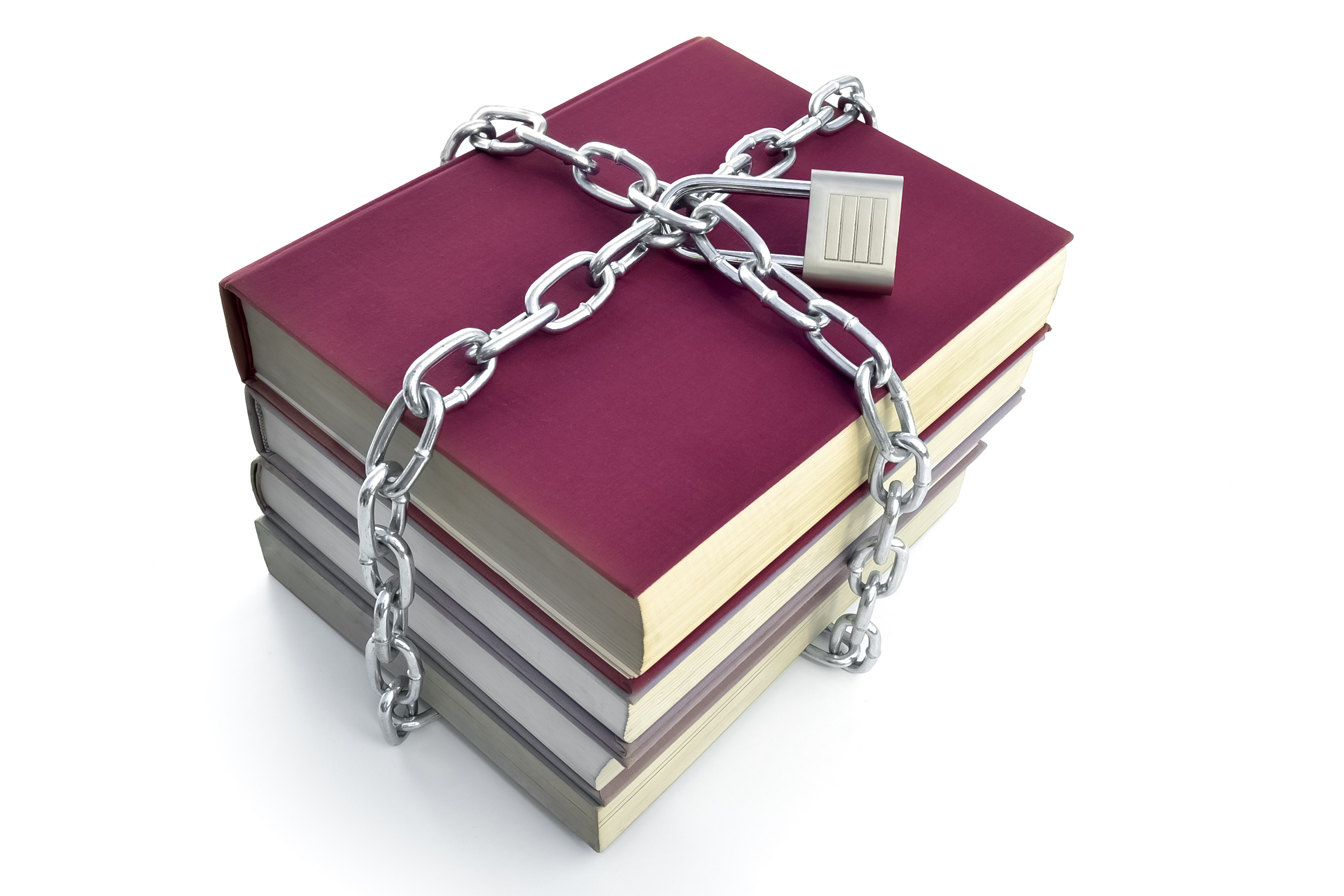FORBIDDEN KNOWLWDGE–Getty Images Stock Photo Valmas
In the quest for knowledge and cultural enrichment, literature stands as a substantial force, expanding our understanding while nurturing empathy and self-expression. Yet, across history, the educational landscape has witnessed the exclusion of numerous influential books penned by Black authors, sparking heated controversies and inciting discussions about issues related to censorship, race, and the fundamental principles of free expression.
According to a report by PEN America, more than 1,600 books faced bans in 138 school districts across 32 states between 2021 and 2022. This wave of censorship disproportionately targets books featuring BIPOC (Black, Indigenous, and People of Color) or LGBTQ+ characters, those that engage with complex themes of gender, sexuality, and race in America, and works authored by Black and POC writers. This alarming trend is part of a larger pattern of suppression, with books being removed from core curriculum and libraries to suppress discussions about critical race theory and diversity, equity, and inclusion.
Banned books by Black authors are often banned precisely because they challenge the status quo and confront uncomfortable truths. For Black readers, these books are not just essential; they are lifelines to understanding their history, their struggles, and their triumphs. By reading and celebrating these works, we not only honor the authors who dared to speak out but also continue the important conversations they started. These banned books are not just vital; they are indispensable in the ongoing fight for equality and justice.
Here is a list of must-read banned books that are vital for Black readers. Embark on a journey of enlightenment, preserving our narratives and historical legacies.
“The Autobiography of Malcolm X” by Malcolm X and Alex Haley
“Beloved” by Toni Morrison
Toni Morrison’s “Beloved” is a haunting and beautifully written novel that explores the legacy of slavery and its profound impact on African-American identity. This Pulitzer Prize-winning book has been challenged and banned in several school districts for its graphic depiction of violence and sexuality. However, its exploration of the painful history of slavery and its lasting effects on Black communities makes it an essential read for all.
“Their Eyes Were Watching God” by Zora Neale Hurston
Zora Neale Hurston’s masterpiece, “Their Eyes Were Watching God,” tells the story of Janie Crawford, an African-American woman on a journey of self-discovery in the early 20th century. Despite its lyrical prose and powerful themes of identity and empowerment, the book has been banned in some places for its portrayal of gender roles and sexuality. However, its importance in Black literature cannot be overstated, as it celebrates the strength and resilience of Black women.
“Go Tell It on the Mountain” by James Baldwin
James Baldwin is one of the most important voices in African-American literature, and “Go Tell It on the Mountain” is a seminal work that explores themes of religion, family, and sexuality in Harlem during the 1930s. This novel has been banned in various school districts for its frank discussions of race and homosexuality. Still, it remains a crucial book for Black readers, providing valuable insights into the complexities of identity and community.
“The Bluest Eye” by Toni Morrison
Toni Morrison appears on this list again with “The Bluest Eye,” a novel that confronts issues of racial identity, beauty, and self-worth. This book has faced censorship for its explicit content and challenging themes, but it is a vital read for Black audiences as it delves into the destructive impact of white beauty standards on young Black girls.
“The Fire Next Time” by James Baldwin
“The Fire Next Time” by James Baldwin is a seminal collection of essays that stands as a timeless and potent call to action against racial injustice in America. Baldwin’s unapologetic critique of the racial status quo in America was seen as highly controversial in its time, and it continues to challenge deeply ingrained beliefs and systems of oppression.
At a time when these voices should be celebrated and amplified, it is imperative that we push back against censorship and keep these banned Black books in circulation. These books offer unique insights into the Black experience, challenge our perspectives, and foster empathy and understanding among readers.
